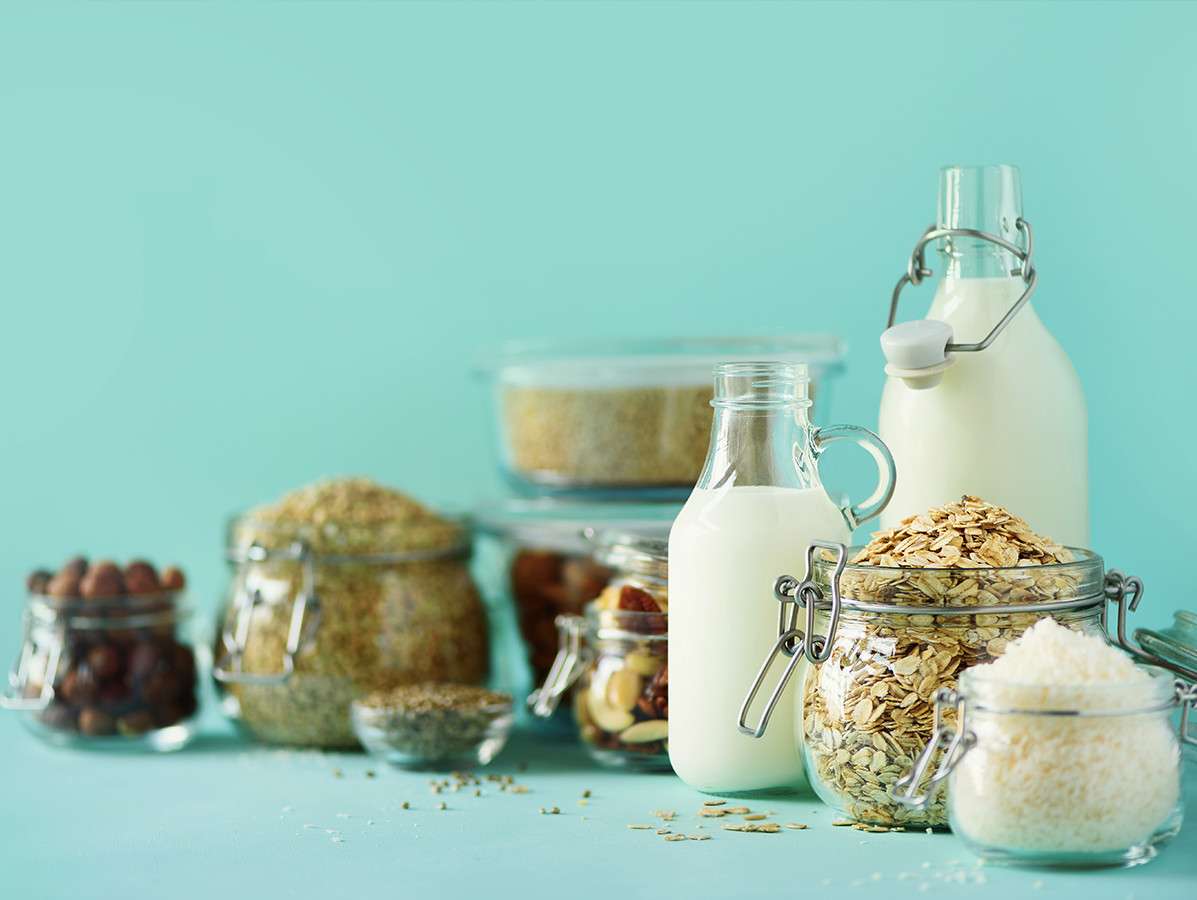
The European Union wants to censor plant-based alternatives to dairy. Even the word 'dairy-free' may soon be prohibited. ProVeg takes action against Amendment 171.
ProVeg launched a petition, calling on the European Commission and EU member states to reject Amendment 171 and thus stop the plant-based dairy censorship. The petition is supported by several NGOs and leading names in the food sector, such as Oatly, Upfield, Willicroft, The New Milkman and Yoghurt Barn.
Parties in the food sector are concerned about further censorship of plant-based products. The restrictions would make it harder for consumers to choose plant-based foods. ProVeg: 'The censoring of plant-based dairy products is contrary to the EU's public health objectives and the promotion of healthy eating. In addition, it also contradicts the sustainability goals of the European Green Deal and the Farm to Fork strategy. If implemented, it would pose a substantial threat to the climate goals of the Paris Agreement.'
Veerle Vrindts, director of ProVeg Nederland: 'The European Parliament is contradicting itself. When they have the chance to really push for sustainable innovation, they actually inhibit it. Because of the existing ban on vegetable dairy names, start-ups and producers of vegetable alternatives to dairy have to fight their way through. With the extreme extension of the ban, it becomes an impossible taboo game. The EU is saddling the plant-based sector with unnecessary financial burdens in the midst of the climate crisis.'
Source: ProVeg